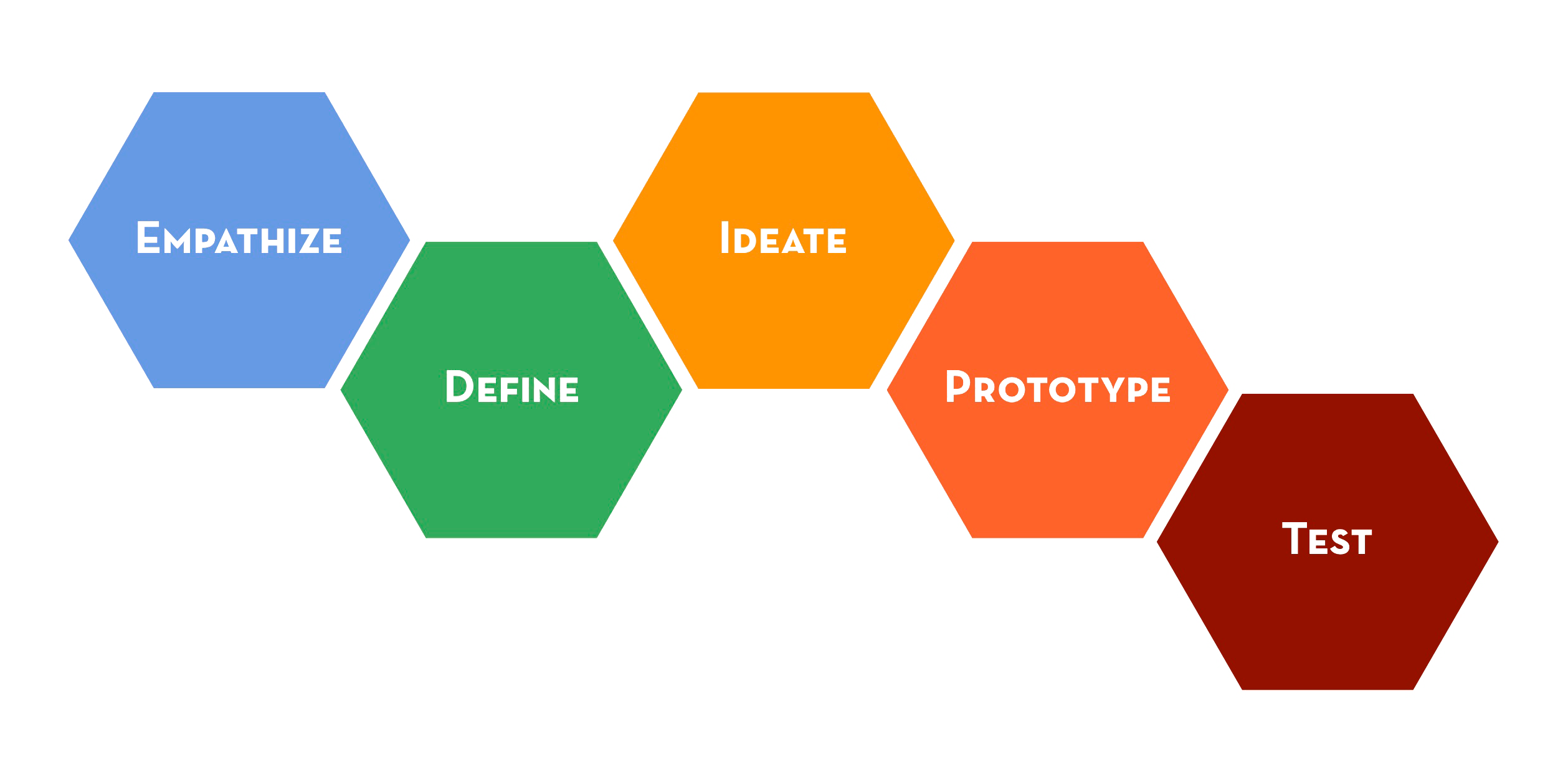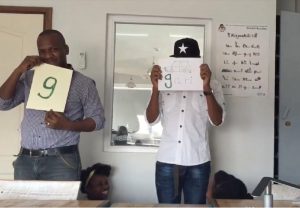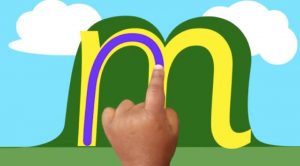Co-creating videos for better letter learning
The Challenge:
Akili and Me was launched on TV and radio in Tanzania and Kenya in 2016, to a resounding response from kids and parents alike. The series was developed through human centered design to ensure high engagement and effectiveness for our target audience of 3-6 year olds in East Africa. However, actual outcomes can only be truly tested once content is created and kids are exposed over a period of time.
After production of the first season of Akili and Me, we conducted a rigorous evaluation and found that watching the show has particularly strong effects on early numeracy, fine motor skills, and English language learning. After just 1 month of watching Akili and Me, viewers aged 4-6 were significantly outperforming their classmates in the control group (who watched alternative preschool cartoons) by 8.2% in drawing skills, 9.7% in shape knowledge, 11.7% in number recognition, 24.0% in counting, and 12.5% in English language skills. The impacts on emergent literacy skills, however, were not significant. Results indicated that most children participating in the study were at such a low level of early literacy (unable to identify a single letter) that our content needed to start at a much more basic level and focus on developing the first steps of early literacy.
The results of our impact evaluation presented us with the challenge of helping kids with the first critical steps of pre-literacy, so that they can develop a strong foundation for further literacy learning. We were also challenged to develop a model for this that would be adaptable to different languages. We decided to apply a more targeted HCD process to developing a new early literacy learning segment for the next season of Akili and Me.
The Process:
We used a Human Centered Design (HCD) process to design a solution with our target users:
Tanzanian kids aged 3-6 and their parents. Stanford’s d.School lays out the steps of HCD as: empathize, define, ideate, prototype, test.
This process can be applied at different levels, from the design of massive projects and services, to the development of a specific piece of a product. The process is a cycle, and may be better represented as a circle.
 To develop our new literacy segment, we started with a 2 day all-hand-on-deck workshop where all of the Ubongo team participated in HCD with 3-5 year olds from local preschools to develop better early literacy learning.
To develop our new literacy segment, we started with a 2 day all-hand-on-deck workshop where all of the Ubongo team participated in HCD with 3-5 year olds from local preschools to develop better early literacy learning.
 Empathize: Before starting with the kids, we did an exercise to help our team better understand what a child goes through to learn new letters. Team members had to teach each other Amharic letters. They were then assessed on their Amharic letter learning, similarly to how we assess children on their early literacy. This exercise helped us empathize with kids in the letter learning process!
Empathize: Before starting with the kids, we did an exercise to help our team better understand what a child goes through to learn new letters. Team members had to teach each other Amharic letters. They were then assessed on their Amharic letter learning, similarly to how we assess children on their early literacy. This exercise helped us empathize with kids in the letter learning process!
We also each sat down with a child to try and teach them a letter face to face. This helped each person see the child’s process and ask them questions about their learning.
Define: Prior to the workshop we did extensive research into literacy acquisition pathways to better understand what early indicators would be best to target an measure. From this literature, combined with our previous experience developing Akili and Me and teaching kids directly, we were able to clearly define what we were trying to achieve: (1) for children to be able to correctly point out the letter they had learn when given a choice among letters and (2) for children to be able to make the sound of the letter.
 Rapid Ideation, Prototyping and Testing: We combined these three stages into a rapid cycle for 2 days of rapid prototyping, during which we developed over 18 prototypes for letter learning. Ideas were quickly turned into prototypes and tested with children. We started with low fidelity prototypes through plays where we acted out what could happen in a video for children, then assessed them to test their learning.
Rapid Ideation, Prototyping and Testing: We combined these three stages into a rapid cycle for 2 days of rapid prototyping, during which we developed over 18 prototypes for letter learning. Ideas were quickly turned into prototypes and tested with children. We started with low fidelity prototypes through plays where we acted out what could happen in a video for children, then assessed them to test their learning.
Our next iterations were mid-fidelity prototypes of quickly produced videos (1-2 hours production time) which were also tested with children, then iterated upon and tested again with different sets of children. And finally, roughly animated content was produced and tested with the children.
By the end of the two days we were able to develop content that consistently helped children identify the letter taught among a group of letter, and that also stimulated them to say the letter sound out loud while watching.
 High Fidelity Ideation, Prototyping and Testing: After achieving these strong initial outcomes from our rapid prototyping, we spent a month creating high fidelity prototypes teaching letters a and b. These were fully animated videos of TV broadcast quality, teaching letter name, shape and sound.
High Fidelity Ideation, Prototyping and Testing: After achieving these strong initial outcomes from our rapid prototyping, we spent a month creating high fidelity prototypes teaching letters a and b. These were fully animated videos of TV broadcast quality, teaching letter name, shape and sound.
We then did a small scale study for 1-week with a treatment group watching the videos daily, and a control group watching other cartoons. At the end of the week, the children in the treatment group improved significantly in being able to identify the letters taught and pick out words with the correct first letter sound.
Conclusion:
This intensive, Human-Centered research allowed us to design for very young kids, who do not yet have the language ability to “tell” us what they need for learning. Though this process may seem intense, it has helped us quickly develop highly effective and engaging learning, by having our users guide us to what they need… not what we think they need.
We are committed to continue designing with our users as we create new seasons of Akili and Me and new shows to bring more fun learning to kids across Africa!
















